Understanding the Recent Surge: Inflation Rate Climbs to 2.4% in March
Table of Contents
- The Fed’s Preferred Inflation Gauge Slowed in October - The New York Times
- US inflation slowed sharply to 7.1% over past 12 months | The Independent
- America’s inflation at highest in 41 years
- Philippine inflation rose further to 8.1% in December - YouTube
- News Eighty-seven: US inflation rises more than expected in September ...
- US consumer inflation slowed to 7.7% in October | FOX 5 New York
- US inflation headlines week ahead | Emirates NBD Research
- Japan's inflation beats forecasts, end of negative rates in sight | Reuters
- Radio Profile | Historic US inflation impacts world markets - World ...
- 14 charts that explain America’s inflation mess
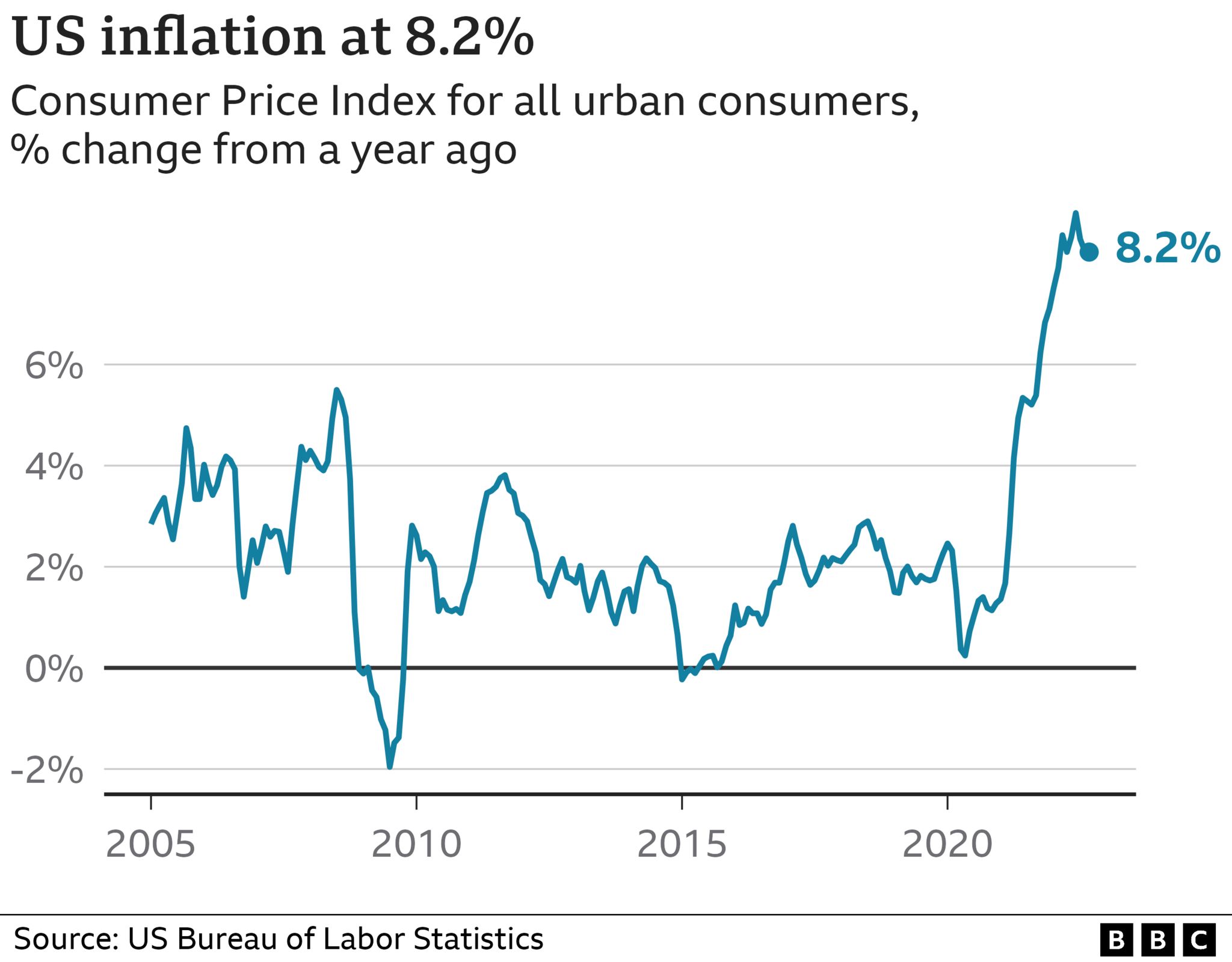
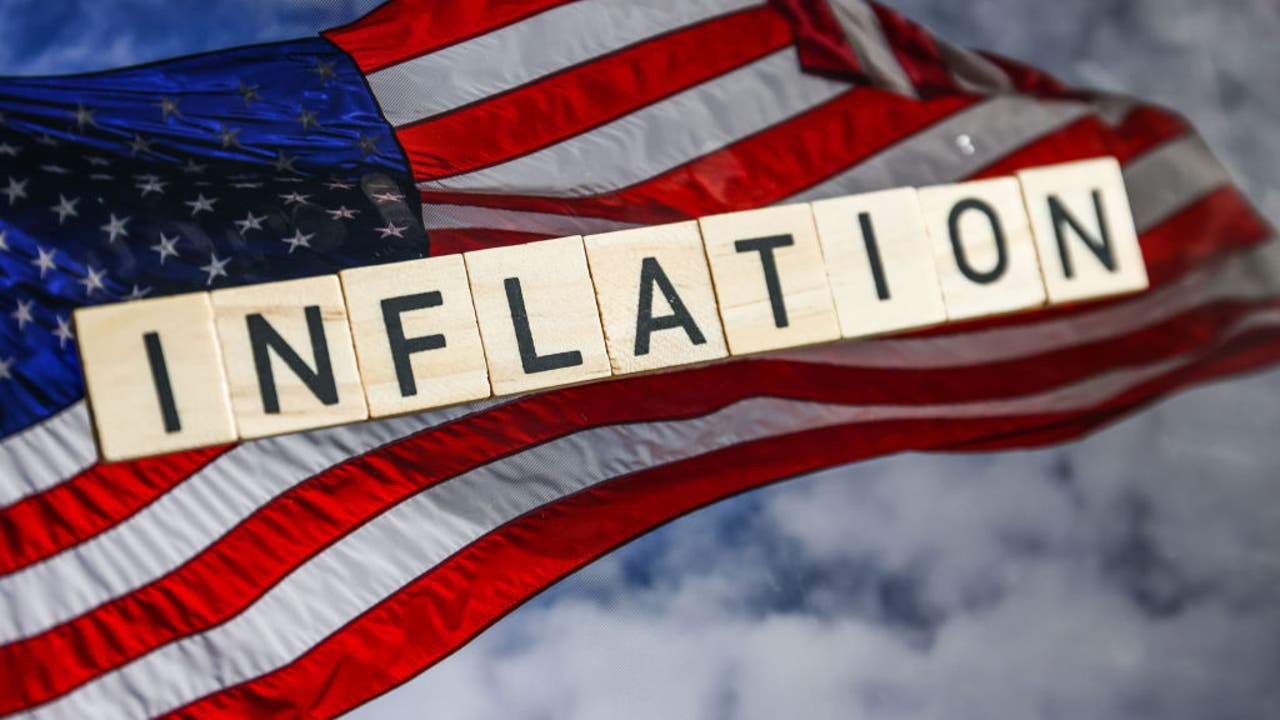

What is Inflation, and Why Does it Matter?
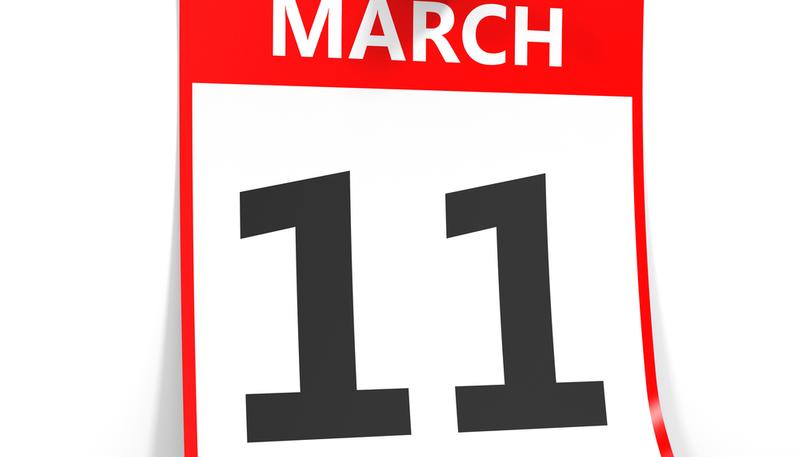


Breaking Down the Numbers
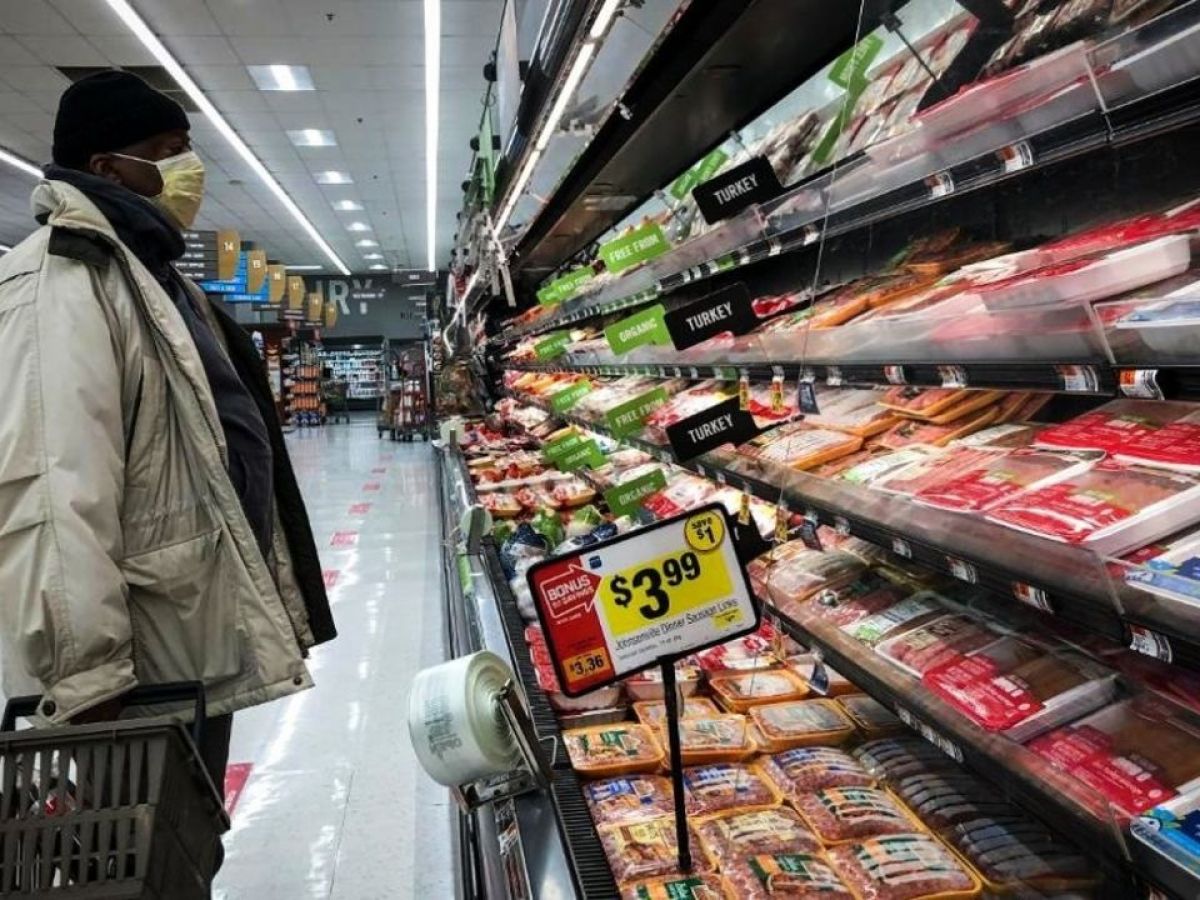

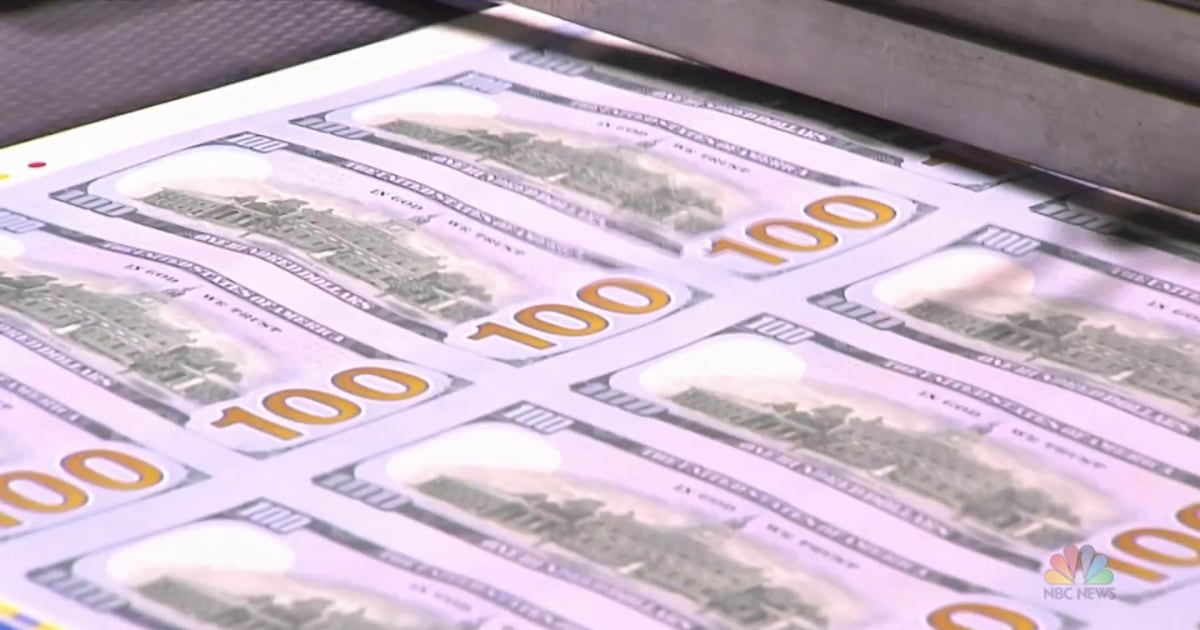
Implications and Concerns
The rising inflation rate has significant implications for the economy and consumers. Higher inflation can: Erode purchasing power: As prices rise, the same amount of money can buy fewer goods and services. Reduce savings: High inflation can reduce the value of savings over time. Influence interest rates: The Federal Reserve may respond to high inflation by raising interest rates, which can impact borrowing costs and economic growth.
Expert Insights and Outlook
Economists and experts are closely watching the inflation rate, with some predicting that it may continue to rise in the coming months. The Federal Reserve has set a target inflation rate of 2%, and any significant deviations from this target can impact monetary policy decisions. As the economy continues to grow, it is essential to monitor the inflation rate and its impact on consumers and businesses. The latest CPI report serves as a reminder of the importance of understanding the complex relationships between economic indicators and their effects on our daily lives. The recent surge in the inflation rate to 2.4% in March is a significant development that warrants attention. As consumers, businesses, and policymakers, it is crucial to understand the causes and implications of inflation and to be aware of the potential effects on the economy and our personal finances. By staying informed and up-to-date on the latest economic trends and reports, we can better navigate the complexities of the economy and make informed decisions about our financial futures.Source: CBS News